Family Sues Boeing Over Death of Whistleblower John Barnett
Lawsuit Claims Harassment and Retaliation Drove Former Employee to Take His Own Life
The family of a former Boeing employee, John Barnett, who took his own life last year, has filed a wrongful death lawsuit against the aerospace giant, accusing the company of harassment, retaliation, and creating a hostile work environment that led to his death.
The 146-page lawsuit, filed in the U.S. District Court of South Carolina by Barnett’s mother and two brothers, alleges that Boeing’s treatment of Barnett directly contributed to his mental health decline and eventual suicide. Barnett, a former quality control manager at Boeing's North Charleston plant, was found dead from a self-inflicted gunshot wound in March 2023 in a hotel parking lot.
The lawsuit paints a troubling picture of workplace retaliation. It claims Barnett endured years of harassment and humiliation after raising safety concerns about aircraft production. According to the filing, Boeing managers sidelined him from investigations, blocked his attempts to transfer within the company, and pressured colleagues to cut off contact with him after he retired early in 2017.
"Whether or not Boeing intended to drive John to death or merely destroy his ability to function, it was absolutely foreseeable," the lawsuit states. It describes Barnett as a devoted employee who took his responsibility to public safety seriously and was determined to flag and fix defects in aircraft manufacturing.
Supporting evidence includes a handwritten note discovered after his death reading, “I can’t do this any longer!! Enough!!” and an email in which he wrote that Boeing had “completely destroyed my outlook on life.”
Raising the Alarm on Safety Issues
Barnett worked at Boeing for over three decades. In 2010, he became a quality manager at the South Carolina facility responsible for building the 787 Dreamliner. There, he raised several safety red flags, including claims that:
- Defective parts were intentionally installed on aircraft.
- Faulty oxygen systems could mean that 1 in 4 masks might fail in an emergency.
- Critical tracking procedures were ignored, allowing defective parts to be lost.
While Boeing denied many of his allegations, a 2017 review by the Federal Aviation Administration (FAA) partially validated his claims, revealing that dozens of non-conforming parts were unaccounted for and ordering Boeing to take corrective measures.
On the oxygen systems issue, Boeing acknowledged that it had identified malfunctioning oxygen bottles in 2017, but insisted none had been installed in planes.
Barnett later went public with his concerns, speaking to media outlets including the BBC in 2019. His testimony came before a string of safety incidents, including the fatal 737 Max crashes and, more recently, the mid-air loss of a door panel on a new aircraft — events that have intensified scrutiny on Boeing’s safety culture.
Boeing’s Response and Ongoing Scrutiny
In response to the lawsuit, Boeing issued a brief statement: “We are saddened by John Barnett’s death and extend our condolences to his family.”
Previously, the company maintained that Barnett’s safety concerns were reviewed and addressed before his retirement, and that engineering evaluations determined they did not pose a risk to airplane safety.
Boeing also noted that a 2020 investigation by the U.S. Occupational Safety and Health Administration (OSHA) found no violation of whistleblower protection laws in Barnett’s case.
Despite Boeing’s assurances, the company continues to face mounting criticism over its handling of safety issues and internal accountability. Last year, it brought in a new CEO, Kelly Ortberg, and unveiled an action plan aimed at reforming production processes and strengthening oversight on the factory floor.
For Barnett’s family, however, the lawsuit represents a call for justice — not only for John, but also for workers who raise concerns and face retaliation.
The case is likely to amplify the ongoing debate over whistleblower protections and corporate responsibility within one of the world’s most influential aviation companies.


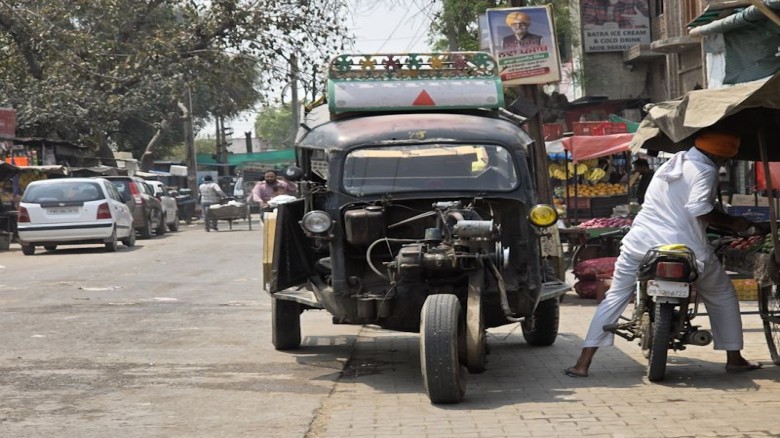

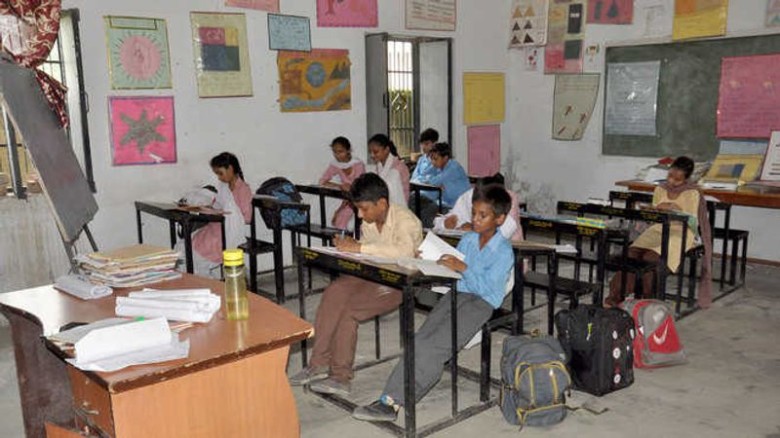



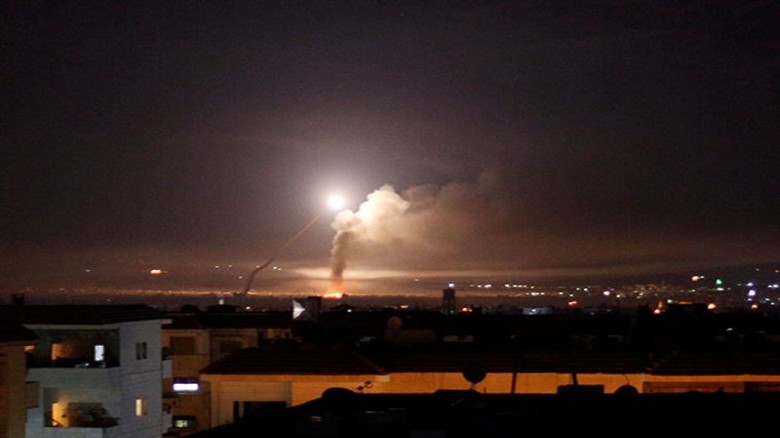









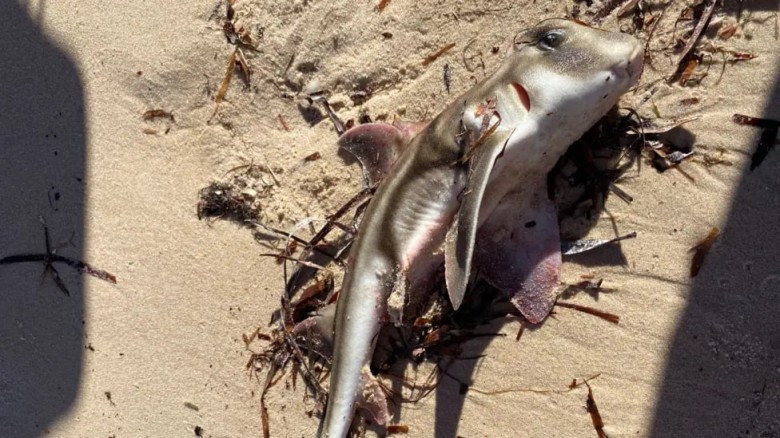

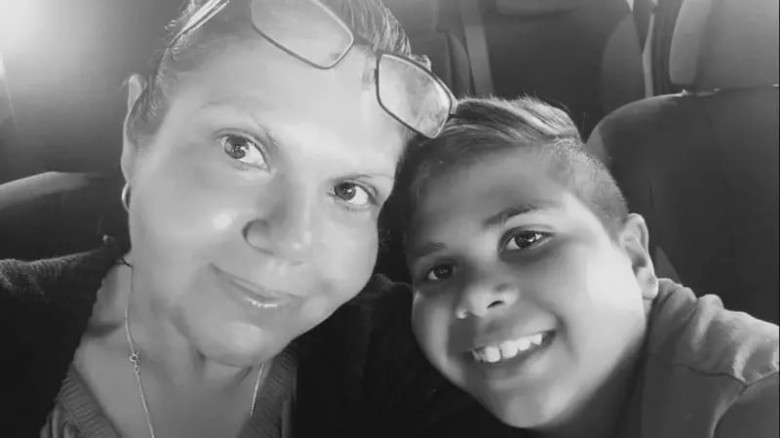




























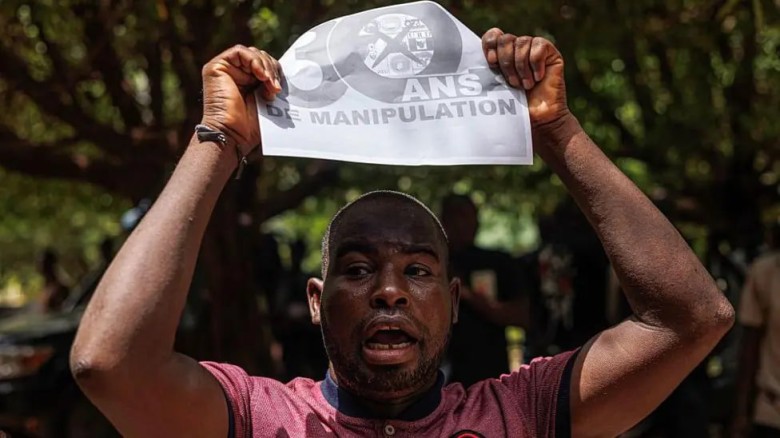























Leave A Comment